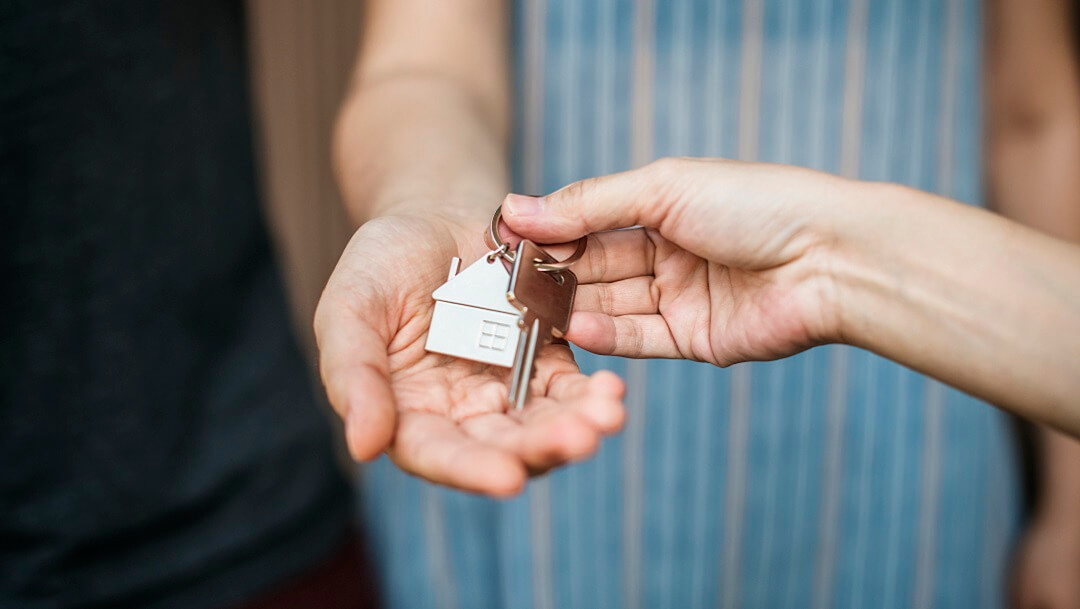Being a community hero can be stressful enough. Add on buying a home and it may feel like you’re completely alone. Thankfully, there are a lot of programs available for our local firefighters as a way of saying thank you.
We know how hard being a firefighter can be, and we know you do important work, which is why we want to provide you with the best possible loans for your home. As first responders, firefighters are important to keeping our local communities safe. You risk your lives and have to make tough calls in high-stress situations.
Fortunately, there are programs available for firefighters and those who have served in the Armed Forces when purchasing homes. VA is one of those programs. There are also programs available to firefighters who have not served in the Armed Forces through various other federal, state, and local programs.
In this article, we’ll go through VA loan eligibility and requirements and discuss other programs available to firefighters. If you have any questions on whether or not you qualify for one program or another, be sure to contact your local lender to discuss your options.
Are firefighters eligible for VA loans?
Depending on prior service, some firefighters may be eligible for VA loans. The Veterans Administration does have a loan system in place for those that qualify. Many first responders also serve or have served in the Armed Forces in one way or another, and they can qualify for loans through the VA.
Who is eligible for a VA loan?
VA loans are available to all branches of the Armed Forces. To apply, the basic document needed is a Certificate of Eligibility (COE). Depending on your service and/or status, there may be other required forms to present. The VA does not set a specific minimum credit score to qualify for the loan, although a private lender who services VA loans may have other basic requirements. It is a good idea to check with your lenders to know about their specific requirements.
- Armed Forces: VA loans are available to any United States Armed Forces member, no matter the branch.
- National Guard and Reserves: Those who serve in the National Guard or Reserves are eligible for VA loans. This is also open to any branch. So no matter where you serve, you can qualify for a VA loan.
- Active Duty: Active duty members are those who are currently serving in the military in some capacity. They can be either in any branch of the Armed Forces, the National Guard, or the
- Reserves. Active duty members of the military qualify for a VA loan.
- Retired Veterans: For those that have served previously, you also qualify for a VA loan. And if you served in the National Guard or the Reserves and were never activated, you are still qualified. Be sure to check for your branch and situation as to what forms you may need to provide.
- Spouses: For those who lost their spouse in the line of duty or to a service-related disability can qualify for a VA loan. You will have to present various forms of your spouse’s service, and you can request them through the VA.
VA loan requirements
There are some basic requirements of service to qualify for a VA loan. Again, while the VA sets no minimum credit score or income, some private lenders may have their own. It is a good idea to check with them to see if you qualify through their programs.
You are eligible for a VA loan by meeting one or more of the following requirements:
- You have/had served 90 consecutive days of active service during wartime
- You have/had served 181 days of active service during peacetime
- You have/had six years of service in the National Guard or Reserves
- You are/were a spouse of a service member who has died in the line of duty, or as a result of a service-related disability
These are the basic requirements for VA loan eligibility. And you only need to meet one of those criteria to qualify. There is no requirement of branch or sector of service, nor any requirement of active or retired status.
Other home loan programs for firefighters
For those of you that are firefighters, but haven’t or don’t serve in the Armed Forces, don’t worry! There are other home loan programs available for firefighters that don’t require military service.
Here is a brief list of those types of programs. As always, check with your lender to see if you qualify further than the basic requirements.
1. HUD Good Neighbor Next Door
Through the United States Department of the Housing and Urban Development (HUD), firefighters can receive literally 50% off their homes’ listing price. And if it sounds too good to be true, there are some requirements that may be too restrictive for you or your situation.
To qualify for HUD Good Neighbor Next Door Program, you must:
- Be a paid firefighter (volunteer firefighters are not eligible)
- Buy in a “revitalization” area that is designated by HUD
- Select a home from HUD’s listings, which often comprise of foreclosures
- Live in the house for three years
While these may seem restrictive to some, the money saved may be worth it for others. You could save that money for a newer home down the line, and three years may not mean much in terms of commitment.
2. Hero Home Programs™
Hero Home programs™ help local heroes get into homes in their communities. These are not just for firefighters but also for all types of first responders, educators, and healthcare professionals. On average, you could save a couple of thousand dollars when using programs like these.
How does that work? Hero Home programs use their own team of realtors, mortgage providers, inspectors, appraisers, and title specialists. They offer discounts to the program for using their services, and those savings roll right on to you. And it works for also selling a home as well, with discounts on commission fees and closing costs.
3. Firefighters Credit Unions
There are more than one hundred credit unions that are specifically dedicated to serving firefighters. These credit unions serve both career and volunteer firefighters and offer special rates and mortgage options. There is also a high probability you could tie in one of these mortgages with a down payment assistance loan.
4. Down Payment Assistance Programs
Down payment assistance (DPA) programs offer a variety of ways to help you cover the cost of a down payment. This includes grants, interest-free loans, and low-interest loans. Each program varies by state and has its own eligibility requirements. It is also a good idea to make sure that your lending institution is on board with DPA financing options.
5. Local Firefighter Mortgage Programs
Many states, including separate cities and counties, run special programs for homeownership for their local heroes. These programs may include preferential rates and assistance and programs for first-time homebuyers. These programs vary by state, and each program has its own requirements and benefits. It’s a good idea to do some research to find the best one for your situation.
So, where do you sign?
Firefighters may qualify for a VA loan if they have prior or current service. And for those that stay close to home through local service, there are some options available. Home buying doesn’t have to be stressful, and this is our way of giving back to the people that have given us so much.
If you are interested in any of the programs we mentioned, reach out to Hero Home Programs™ to learn more on how to apply. Worry less about the money, and focus on finding the home of your dreams in the community you are dedicated to serving.
Thank you for your service.
The blog post Do Firefighters Qualify for a VA Loan? Find more on: https://herohomeprograms.com/
Original post here: Do Firefighters Qualify for a VA Loan?











